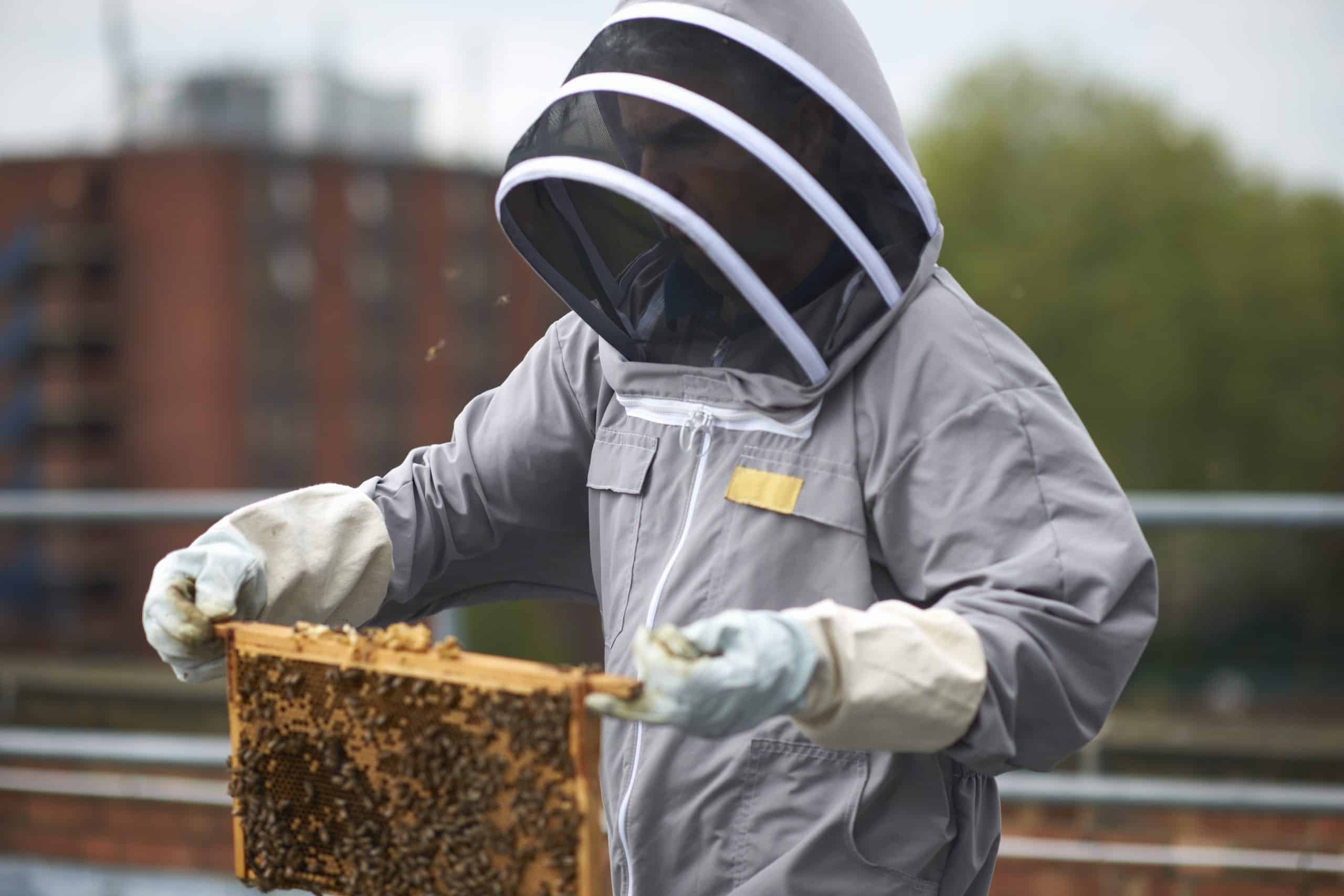What Are the Essentials of Winter Care for Outdoor Rabbits?

As pet owners, your dedication to the well-being of your pets extends beyond the cozy confines of your home. For those of you who keep their rabbits outdoors, you will agree that the cold winter season presents unique challenges. Are you wondering what you can do to ensure your beloved bunny stays comfortable and healthy throughout the chilly season? This guide will walk you through the essentials of winter care for outdoor rabbits.
Preparing the Rabbit Hutch for Winter
The rabbit hutch serves as the primary protection for our furry friends against the cold. Therefore, it’s crucial to winter-proof this space before the first snowflake hits the ground. A well-prepared hutch not only keeps your rabbit warm but also shields them from harsh weather elements.
Topic to read : What Are the Best Types of Toys for a Dog’s Cognitive Development?
First, inspect the hutch for any cracks or gaps. These are potential entry points for cold air and should be promptly sealed. Also, ensure the hutch is raised off the ground to prevent dampness and to provide an extra layer of insulation.
Next, check if the hutch has a waterproof roof. If not, consider installing a covering to prevent leaks during snowfall or rainfall. You may use tarpaulin for this purpose as it is durable and weather-resistant.
Have you seen this : How to Identify and Treat Respiratory Infections in Pet Snakes?
Finally, insulate the hutch with thick bedding materials like hay, straw, or even old blankets. This will provide further warmth for your pet rabbit.
Regular Health Check-ups
During winter, rabbits are prone to certain health issues like hypothermia and respiratory problems due to the cold. Regular health check-ups will help you detect any early signs of illness.
Keep an eye on your rabbit’s eating habits. A change in appetite might indicate stress or discomfort. Monitor their weight regularly, too, as weight loss could indicate a health problem.
Also, be watchful for any signs of a runny nose, excessive sneezing, or difficulty breathing. These could be symptoms of a respiratory infection, which would require immediate veterinary care.
Furthermore, check your rabbit’s ears, feet, and tail for signs of frostbite, such as skin discoloration or flaky skin. If you notice anything unusual, contact your vet immediately.
Appropriate Food and Water Supply
Food and water are essential for your rabbit’s survival during the cold winter months.
Rabbits burn more calories in the winter in order to keep warm. Therefore, you should increase their food supply during this time. Include more hay in their diet as it is a great source of fiber and also generates heat when digested. However, avoid overfeeding as obese rabbits can develop health issues.
As for water, it’s vital to ensure your pet’s water supply doesn’t freeze. Consider using a heated water bottle or bowl designed for outdoor use. Check the water supply regularly to make sure your bunny has access to fresh water at all times.
Protecting Your Rabbit from Predators
Winter is a time when food sources for wildlife become scarce, increasing the likelihood of your rabbit being targeted by predators such as cats and dogs.
Ensure the hutch is secure and sturdy enough to withstand any attacks. Also, stay vigilant and consider installing motion sensor lights or cameras around the hutch to deter potential predators.
Do not leave your rabbit outdoors unattended, especially during the night when predators are most active. If you notice any signs of potential threats, consider moving your rabbit indoors for safety.
Interaction and Exercise
Even in the winter, your rabbit needs time outside of the hutch for exercise and social interaction.
Regular interaction helps keep their spirits high, while exercise is vital for their physical well-being. Create a safe, enclosed area where your rabbit can play and exercise without the risk of wandering off or being exposed to the cold for too long.
Remember to supervise these sessions and return your bunny to their warm hutch promptly after their playtime.
Knowing how to care for your rabbit during winter is instrumental in ensuring their comfort and health. With these tips, you are well-equipped to give your rabbit the care they need to thrive even in the coldest months of the year.
Use of Suitable Accessories for Outdoor Rabbits
Making your rabbit’s environment more comfortable and warm during winter is paramount, and the use of suitable accessories can help achieve this. Pet accessories, specifically designed for outdoor rabbits, can make winter more bearable for your small pet.
A rabbit hutch cover is a clever investment, as it provides an extra layer of insulation, protecting your pets from wind, rain, and cold drafts. These covers are specially designed to fit over the hutch while allowing airflow and easy access for you.
Providing a rabbit hutch heater is another way of keeping your outdoor rabbits warm. These heaters are safe for use around pets as they are designed not to cause fires or burns. Nonetheless, it’s important to supervise their use and ensure it’s not becoming too hot for your rabbit.
Lastly, you can consider buying chew toys for your rabbits to keep them entertained during the cold months when they might not be as active. Toys also encourage your pet rabbit to exercise, which helps in generating body heat.
Remember, while accessories can provide additional comfort, they should not replace essential winter preparations like insulating the hutch, providing adequate food and water supply, and conducting regular health check-ups.
Monitoring Weather Conditions and Adjusting Care Accordingly
One cannot predict the weather with absolute certainty. Thus, it’s essential to stay updated with weather forecasts during winter. Any adverse weather conditions like heavy snowfall, extreme cold, or storm can be harmful to your pet rabbit.
If the forecast predicts harsh weather, consider bringing your pet indoors or moving the hutch to a more sheltered location. You can use a portable hutch for this purpose, which can be moved indoors or to a sheltered outdoor spot.
During extreme weather conditions, it’s crucial to check on your rabbit more frequently. Ensure they have enough food and their water hasn’t frozen.
Conclusion
Taking care of outdoor rabbits during winter might seem daunting, but with proper planning and care, your pet can remain healthy and happy all year round.
Remember, the key to effective winter care lies in preparing the rabbit hutch for harsh weather, maintaining regular health check-ups, ensuring an appropriate food and water supply, protecting your pet from predators, and providing interaction and exercise opportunities.
Investing in suitable accessories can add an extra layer of protection and comfort for your pet. Moreover, monitoring weather conditions and adjusting care accordingly is pivotal.
With these suggestions, you can provide your pet rabbit with a warm winter and a safe environment that they can thrive in, come rain, wind, or snow.
